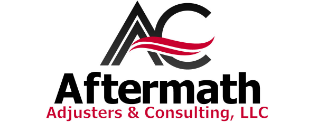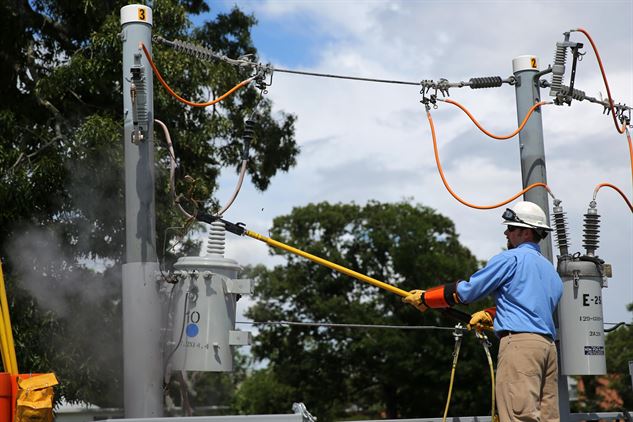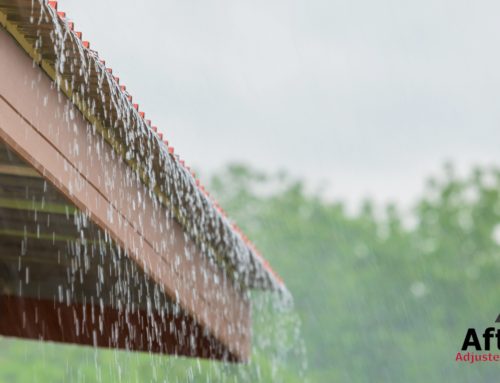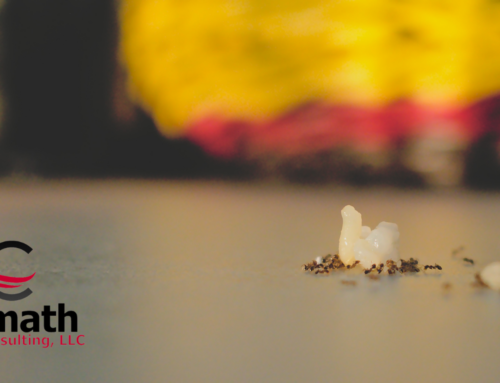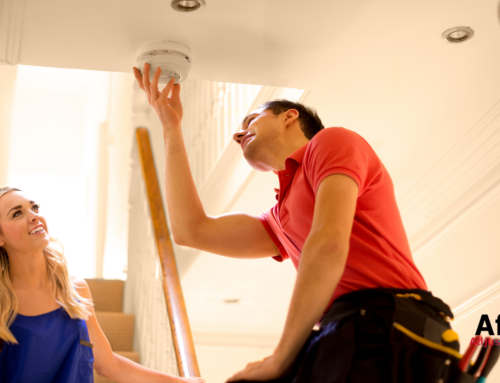Hurricane can be dangerous long after the storm passes. Being prepared is more than knowing what to do before the storm. It is also knowing what to do after. Here are some of the potential hazards after a hurricane that you need to be aware of.
1. Damaged Buildings
You should be careful when you enter any damaged buildings. It might just be a good idea to wait for a building inspector. They will examine the building and certify that it’s safe. When it’s daylight again you can go back to the buildings. This way, it’s easier to see any hazards to avoid, especially if there is no power. You need to leave any building, even your own home, if you hear any shifting or strange noises. These sounds could mean that the building is about to fall.
Leave a building immediately if you smell gas or suspect there to be a leak. Then you should contact emergency authorities! Do not:
- Turn on the lights
- Light matches
- Smoke
- Do anything that might make a spark
After a hurricane, you shouldn’t go back to the building until it’s been declared safe to do so.
2. Carbon Monoxide Poisoning
Carbon monoxide is an odorless, colorless gas. It can cause sudden illness and death.
There are quite a few things you shouldn’t use in an enclosed space, like your home or garage, even if the door or windows are open. This list includes:
- Generators
- Pressure washers
- Other gasoline, propane, natural gas, or charcoal-burning devices
Carbon monoxide can come from these sources. It can also build up in these enclosed spaces and poison any people and animals inside. Since these devices are commonly used after a hurricane, carbon monoxide poisoning is something to watch out for.
3. Electrical Hazards
You should turn off the power if any electrical circuits or equipment have gotten wet. It is best to do this at the main breaker on the service panel. This extends to anything electrical that is in or near water. It could be possible that you will have to enter standing water to get to the main power switch. In this case, it would be best to call an electrician to come and turn it off.
When you are in standing water you should never:
- Turn the power on or off
- Use an electric tool or appliance
You shouldn’t connect a generator to your house’s electrical circuits unless you have approved, automatic-interrupt devices. A generator can become a major fire hazard if it is online when your electricity is restored. It could endanger any of the line workers that are trying to help to restore power in your area after a hurricane.
4. Dangerous Materials
Call the fire department if you find any chemicals, propane tanks, and other dangerous materials. They will inspect or remove them.
If you need to handle any hazardous materials yourself, you should wear protective clothing and gear. You will need to wash skin that may have come in contact it afterward.
5. Floodwater
Floodwater can be full of dangerous bacteria from any overflowing sewage and agricultural or industrial waste. Skin contact with floodwater isn’t a serious health risk. You should avoid eating or drinking anything that could be contaminated with floodwater, though, since that can cause diseases.
You need to keep any open cuts that could be exposed to floodwater as clean as you can. Wash them with soap water. Then, apply an antibiotic ointment to discourage infection.
You will need to take precautions to reduce cold-related risks that come with working in water that is below 75 degrees F (24 degrees C). You should:
- Wear insulated clothes and insulated rubber boots
- Frequently take breaks outside the water
- Change into dry clothing whenever you can
Be sure to be aware of these and other potential hazards after a hurricane. Following these tips will keep you and your family members safe. Also, remember to call Aftermath Adjusters & Consulting if your home suffered hurricane-related damage. We will work with your insurance company to help you get the highest payout available with your policy.
